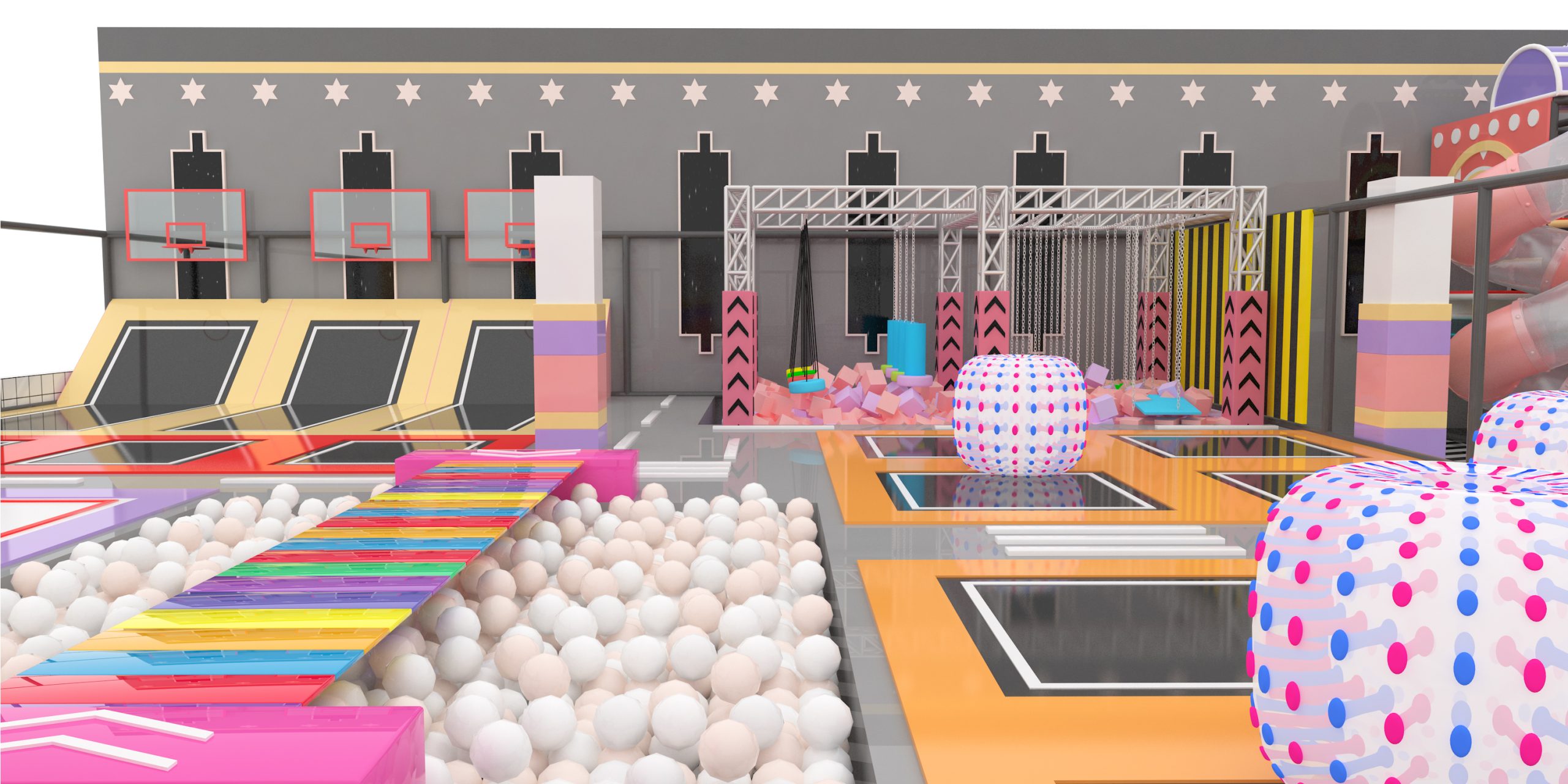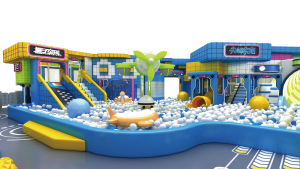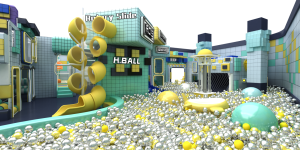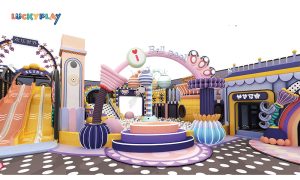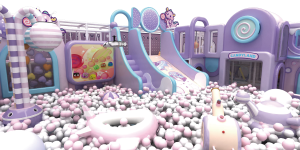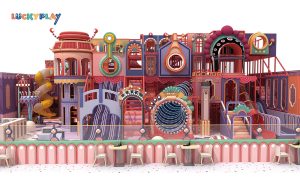Soft play allows children to exercise without even realising it. This can improve their cardiovascular health, strengthen their muscles and improve balance and coordination.
It also encourages creativity and helps develop logical thinking skills. Additionally, the equipment can help promote problem-solving skills as children try to figure out how they can climb over or around an obstacle.
1. Encourages Physical Activity
In a world full of electronic distractions, children need a daily source of physical activity. Playing in a soft play area such as an indoor trampoline park provides them with an outlet that burns calories and improves their balance, agility, and strength without the need for sunscreen or clothing.
While playing, kids also develop social skills. This is important, especially for toddlers and babies who need an outlet to express their emotions and interact with other children their age.
Soft play areas allow children to jump, crawl, climb, slide, and roll around. This helps them develop both their gross and fine motor skills. It also builds their confidence as they push their boundaries without the fear of injury. In turn, this can help them become more active on their own at home.
2. Encourages Confidence
Children can build a sense of self-confidence at indoor soft play because it encourages them to interact with other children. This social interaction helps them understand how their actions affect others, which is a vital part of healthy child development.
The equipment that is found in soft play centres such as rope ladders, stepping stones and rollers requires a certain amount of physical fitness and good motor skills. These activities also enhance fundamental cognitive skills.
Children can play in a safe environment that mitigates the risk of injury if they are not careful and take time to learn how to use the equipment safely. It’s a great way for babies, toddlers and children to develop their balance, co-ordination and agility. It’s also a fun and exciting experience that isn’t hindered by bad weather.
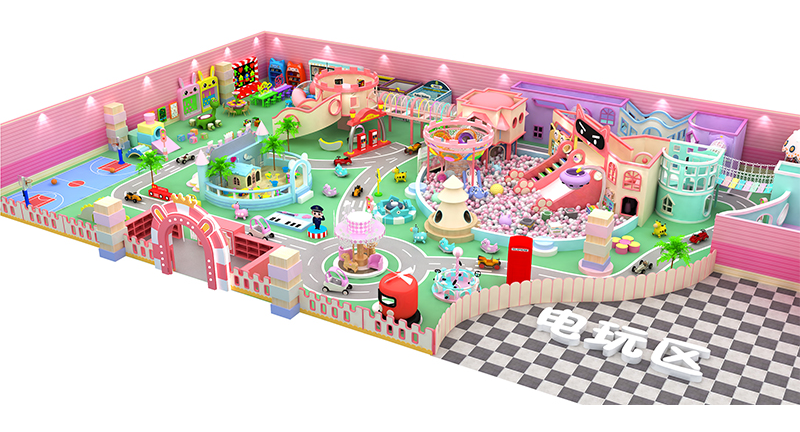
3. Encourages Communication
Kids learn a huge amount about the world around them during play. They develop social skills through playing with other children as well as learning how to share, take turns and communicate.
In addition, they are encouraged to push their physical boundaries without the risk of injury. This helps them build confidence and improve their agility, balance and muscle strength.
Soft play equipment also encourages communication, whether this is through parallel play or a group game such as hide and seek or freeze tag. In fact, this type of play is ideal for building social skills and helps kids learn to work together in a safe and fun environment. Our indoor play centre at Jump In is the perfect place for kids to get their wiggles out and have fun while developing important cognitive and motor skills!
4. Encourages Independence
The interaction youngsters have within a soft play space encourages both gross and fine motor development. They are free to step, crawl, climb and jump without fear of injury and this allows them to practise the movement skills they learn in a safe environment. This also allows them to practice a range of other skills such as balancing and provides open space and lighting for a pleasant sensory experience.
Encouraging independent play is important because it allows children to develop creative problem-solving. If we always intervene, they never get to learn how to entertain themselves and squash boredom or figure out what to do when something doesn’t go their way (like the tower of blocks falling or a puzzle piece not fitting).
The independence of playing alone also helps children develop focussed attention, which is vital for their social interactions and learning. This is a critical skill they need to be successful in school and beyond.
5. Encourages Creativity
Playing in soft play areas gives children the opportunity to engage in creative activities. This could include constructions requiring the use of imagination as well as using toys such as blocks and water. Children can also interact with each other while playing, developing their social skills as well as learning how to deal with conflict in a safe environment.
During creative play, children can use their imagination as they try out different scenarios. This is beneficial for their cognitive development as it encourages them to think about cause and effect. It also improves their linguistic abilities and knowledge of the world around them.
The equipment used in soft play can inspire creativity, particularly with the addition of themed areas such as a fort or playhouse. This can help children with their communication skills as they talk about what they are doing and create a story in their head.

